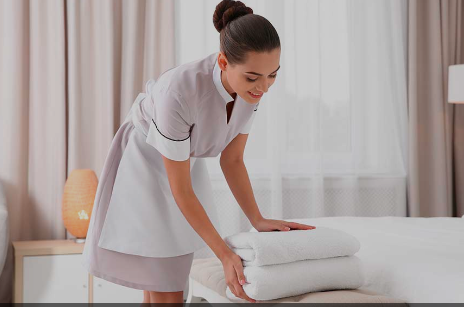
Housekeeping, a profession often undervalued and yet crucial, involves maintaining the cleanliness, order, and overall well-being of a living space. This extensive exploration delves into the multifaceted world of housekeeping, covering the diverse roles, responsibilities, challenges, and the art of creating a harmonious home environment. From the historical evolution of housekeeping to the contemporary challenges faced by housekeepers, this guide offers a comprehensive understanding of the profession.







